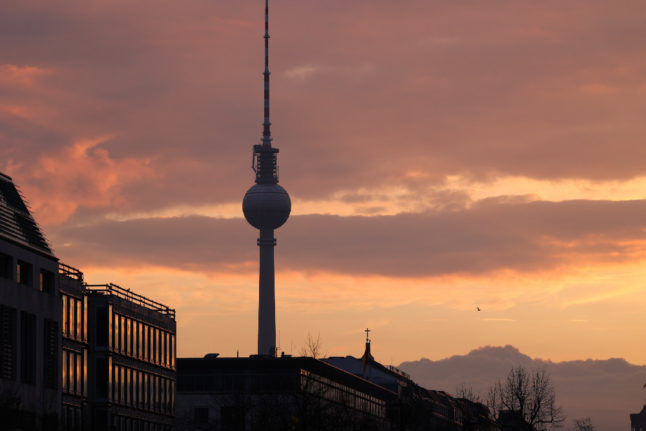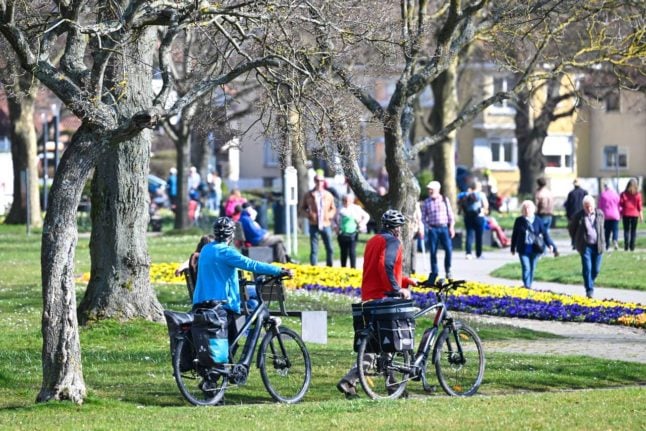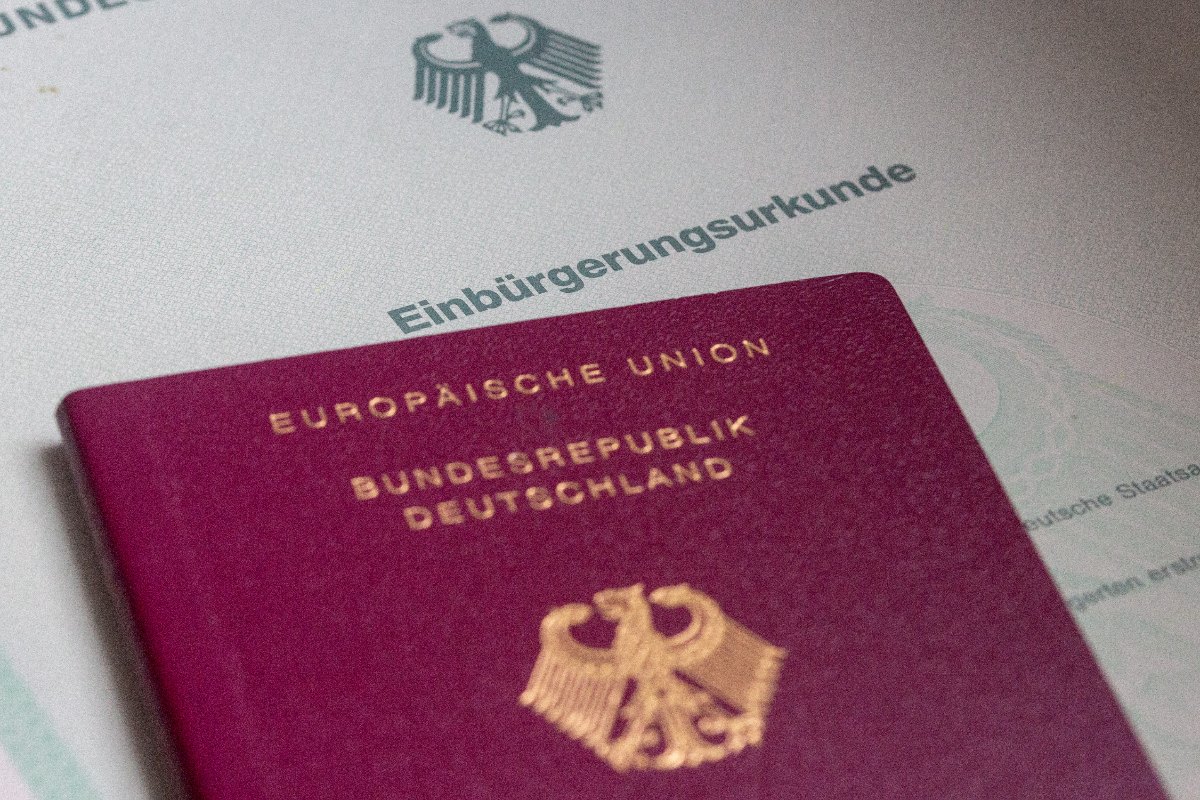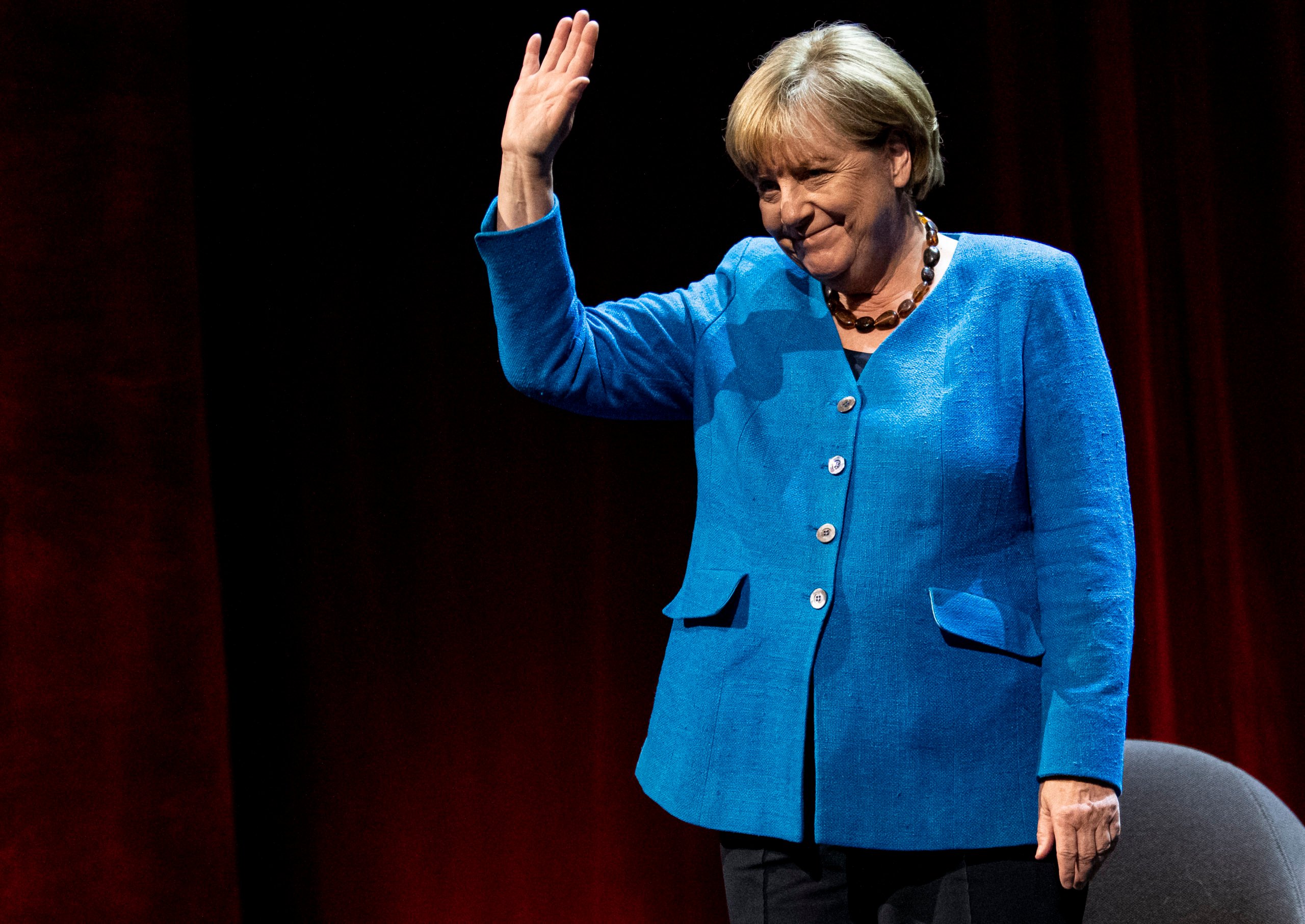Cherry blossoms are erupting
Nothing screams springtime in Germany like bursts of pink everywhere. In Frühling, streets and parks come alive with rows of Japanese Kirschblütenbäume (cherry blossom trees) decorated with pretty pink blossoms.
For around two to three weeks in April and May, rows of these beautiful cherry blossoms brighten up the country, banishing the cold winter blues.
These trees also have an interesting history.
An exported Japanese tradition, the Sakura Campaign brought the blossoming trees to Germany after reunification. Japanese channel TV Asahi collected over 140 million yen (about €1 million) to gift the trees to Germany as well as other locations in the world.
The ornamental cherry trees are very popular in Japan and are said to bring people inner peace and serenity.
The first trees in Berlin were planted in November 1990 at Glienicker Brücke (Glienicke Bridge), a site that had symbolized the division of Germany.
Nowadays, the heavenly pink petals provide lots of photo opportunities, making them a social media favourite.
In fact, Germany loves this flower so much that there are even dedicated festivals, such as the Bonn Cherry Blossom Festival held every year in the Bonn Altstadt.
Everyone sits outside
Throughout winter, pubs, restaurants and cafes have a feeling of Gemütlichkeit (cosiness) that’s aided by candles and dim lighting.
But as soon as the temperature hits 15C – or even when it’s a bit cooler – you’ll find Germans outside soaking up the sunlight.
Cafe culture comes out in full force with tables and benches placed outside again after the long break.
Even if it’s not that warm, Germans will still don a coat and swaddle themselves in scarves, enjoying the extra light that springtime brings.
In Berlin you’ll find people buying beer and drinking it outside the Spätis (late night shops). Elsewhere in Germany, people will relax by canals, rivers and in parks. Basically, people make the most of each sunny day as if there’s a possibility they may never see one again.
Well, who knows what the summer holds?
READ ALSO: Eight wonderful ways to celebrate spring in Germany

The number of PDAs go up
Germans are not really known for being amorous in public. Yet a little sunlight changes this.
Public displays of affection, whether it’s hand holding or kissing, becomes the norm when spring hits. In Berlin’s famous Mauerpark, we’ve already spotted couples cuddling in the grass and looking loved up. It’s a sure sign that spring is here.
READ ALSO: Nine expressions that perfectly sum up spring in Germany
Ice cream shops open
Again, it doesn’t matter if it’s not that hot, Germans are so happy to be in the sunlight that they’ll enjoy ordering a tasty treat from the Eis stand, many of which have just opened after the Winterpause.
It’s not at the stage yet where huge queues regularly form at ice cream stalls, but those who happen to walk past will have the urge to get a sugary ice treat, the first of many this year no doubt because who can resist an Eis?

Spargel creeps onto the menu
Much-loved Spargel (asparagus) explodes in popularity at this time of year, sending normally reserved Germans into a frenzy. They just love it here.
Maybe you’ve spotted the first batches being sold at supermarkets. But once Spargelzeit (asparagus season) is in full swing, you’ll see it everywhere. From menus dedicated to the vegetable (Spargelsuppe or Spargeleis, anyone?) to beauty pageants held to crown the next Spargel queen (yes, really!).
Huts will be set up on roadsides by Spargel sellers, while farmers’ markets will have their star veg — asparagus of the white variety — on display for all to admire and snap up.
Much like spring, Spargelzeit is fleeting, running from around April to June, which makes the vegetable even more desirable. Make a note in your diary and get it while you can.
SEE ALSO: Spargelzeit: Six things to know about the German love affair with asparagus
Bikes re-appear on streets
People in Germany ride bicycles all year round of course, but there are much fewer on the streets during winter. So as the lighter nights and higher temperatures return, people dig out their bikes from the Hinterhof to ride around. So that means it’s time to pay extra attention when you’re crossing the road or generally going about your business. The last thing anyone wants is to collide with a bike.
Bikes that have been unused for a while are often in need of some TLC, so bike shops are bound to have a lot of customers at the moment as cyclists pour in for new brakes, air for their tyres or bike lights.
Bring on cycling season!

Unpredictable weather
One day the sun is shining, it’s 20C and people are practicing FKK (Freikörperkultur or ‘free body culture’) in the park, the next day it’s 3C and you’re shivering on the way to work.
You know it’s spring when your best companion is the Übergangsjacke – the classic in-between-seasons-jacket that you can throw on when it’s chilly or tie around your waist when it’s warm. It’s true that the weather can be a mixed bag in spring, a bit up and down.
SEE ALSO: German word of the day: Die Übergangsjacke
That’s the case in Germany this week: after highs of around 21C in some parts of the country on Wednesday, over the next few days the mercury will drop to highs of 8 or 9C in much of the country over the weekend, with lows of 2C.
A spokesman from the German Weather Service (DWD) had these wise words: “Sensitive plants should be returned to the house or covered. Drivers shouldn’t get rid of the ice scraper just yet.
“You should postpone putting on your summer tyres for a few days.”
The lesson? Be prepared for the weather to fluctuate in spring and don’t forget that it’s not summer just yet.





 Please whitelist us to continue reading.
Please whitelist us to continue reading.
Member comments